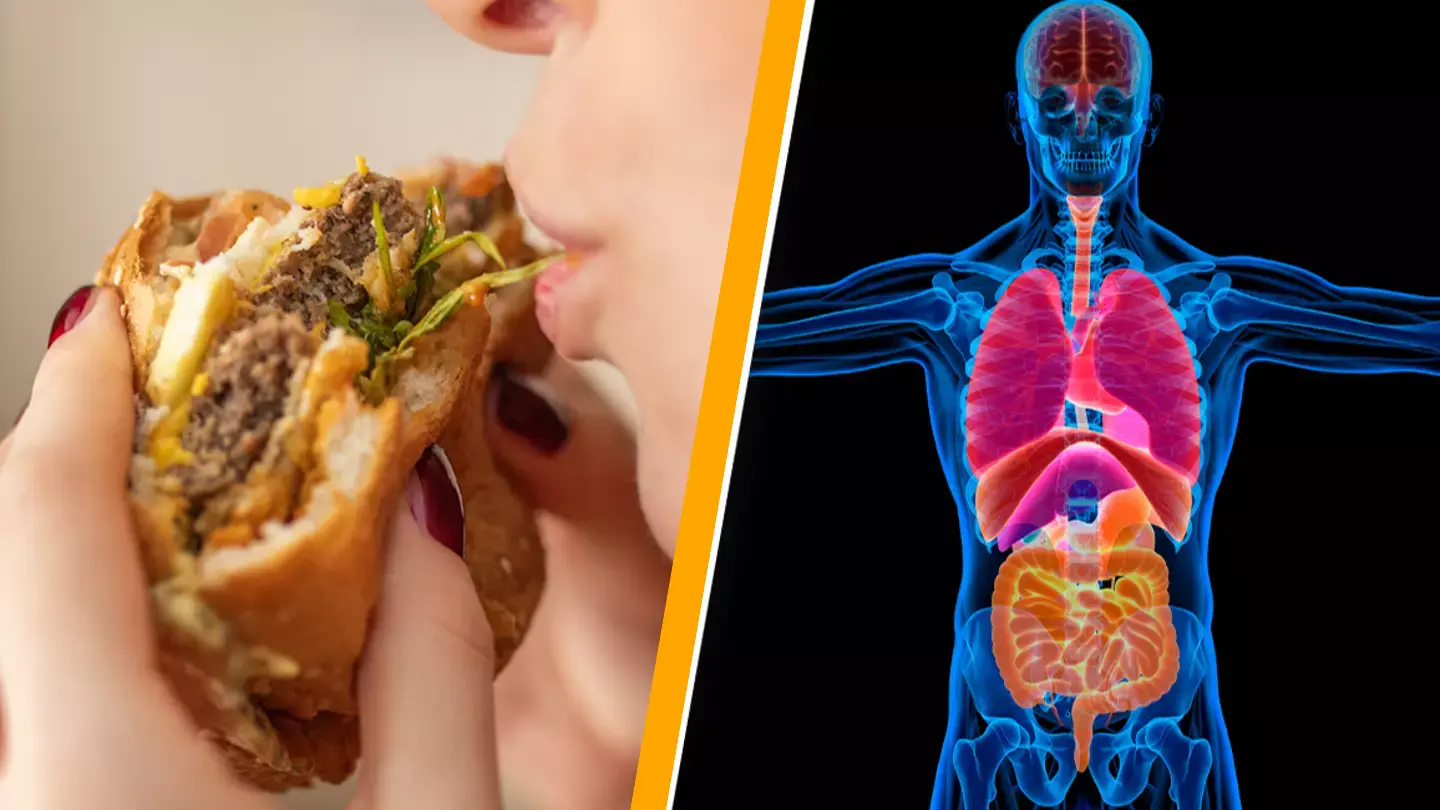Many of us strive for a healthier lifestyle by focusing on physical activity, proper diet, and mental well-being.
Yet, one expert cautions about numerous ‘hidden dangers’ that might be harming your health, even with the best of intentions.
Dr. Yvonne Burkart, a toxicologist, focuses on uncovering hidden toxins and chemicals found in everyday household items.
She has provided several warnings regarding some beloved items that many of us keep around the home, in our kitchens, or on our bodies.
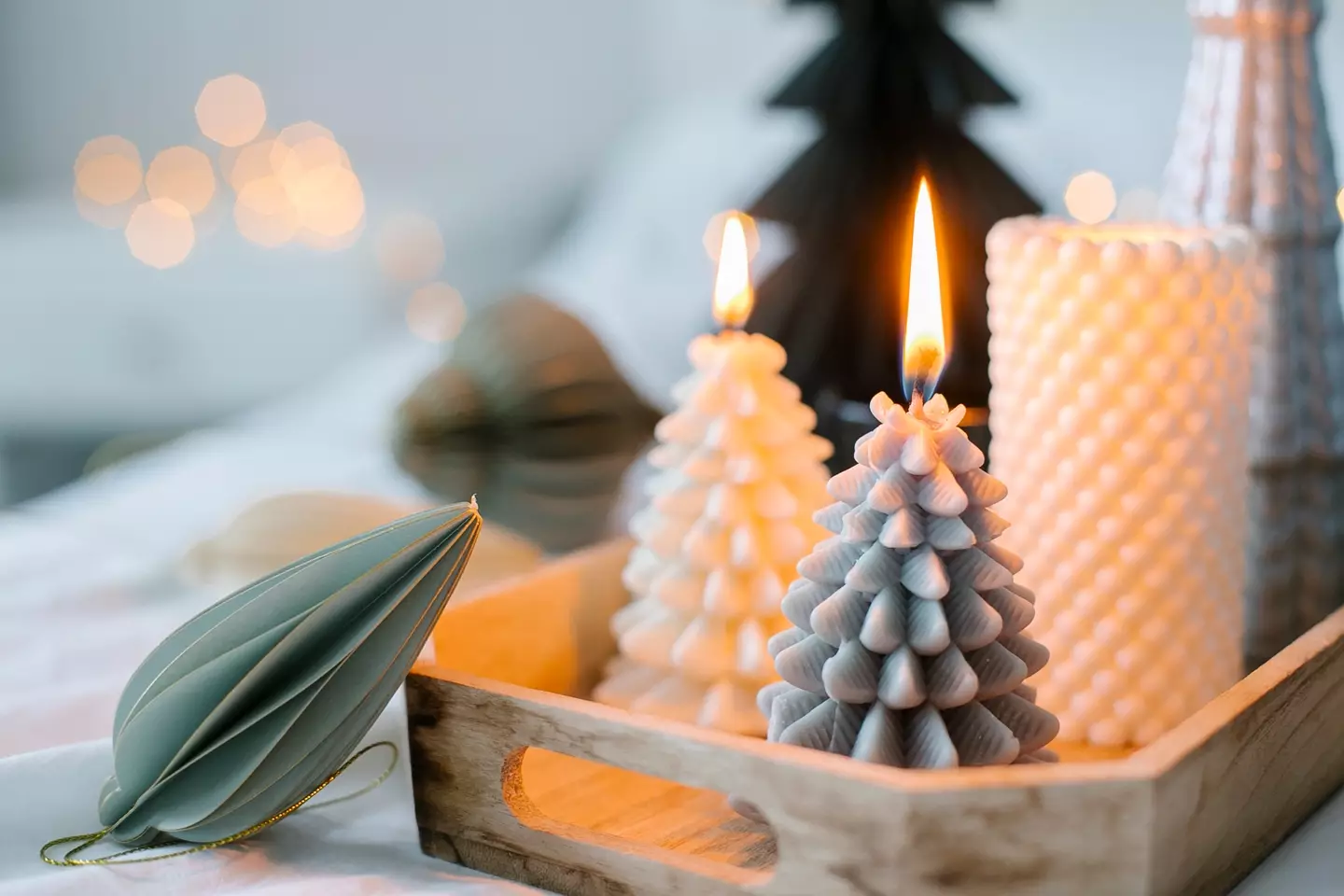
For those who enjoy lighting a scented candle for relaxation, there’s some concerning information from Dr. Burkart.
“When you light a candle you’re not just liberating fragrance molecules but there’s also toluene, benzene and other toxic chemicals that are known to be human carcinogens, through the route of inhalation, being released into the air”, she explained.
So, lighting that French vanilla candle may offer more than just a pleasant aroma.
Dr. Burkart elaborates: “When you are using a conventional candle with synthetic dyes, petroleum based wax and synthetic undisclosed fragrance in particular, you’re releasing ultrafine particulate matter which is the most hazardous type.”
“These chemicals are not just staying in the air, they attach to house dust and deposit on the surfaces of your home, so if you have a baby that’s crawling around on the floor, putting things in his or her mouth, inhaling all of this and ingesting all of these particles, they cannot detoxify the way that adults can. Their bodies are developing and these early life exposures have lifelong consequences.”
For those who can’t resist candles, Dr. Burkart suggests opting for the most natural and high-quality options available.

If your kitchen staple is a non-stick pan to keep your omelette from sticking, Dr. Burkart advises reconsideration: “Non-stick coatings on cookware are primarily made of man-made chemicals known as per and polyfluoroalkyl substances (or PFAS for short).”
What are PFAS exactly?
“There are 15,000 types of chemicals within this broad class according to the EPA. The first reports of Teflon toxicity date back over 70 years yet only now are the health effects in humans becoming widely known”, Burkart explained.
She also noted that the Environmental Protection Agency identifies several risks, including ‘infertility, hypertension during pregnancy which can be deadly, developmental effects or delays in children including low birthweight, accelerated puberty, bone variations, or behavioral issues’.
“There can also be increased risk of some cancers, including prostate, kidney and testicular cancers, and the reduced ability of the body to fight infections including reduced response to vaccines,” she warned.
“They can also lead to interference which is known as endocrine disruption, increased cholesterol levels or risk of obesity. Intestinal inflammation has also been noted with PFAS exposure which is similar to conditions like ulcerative colitis.”
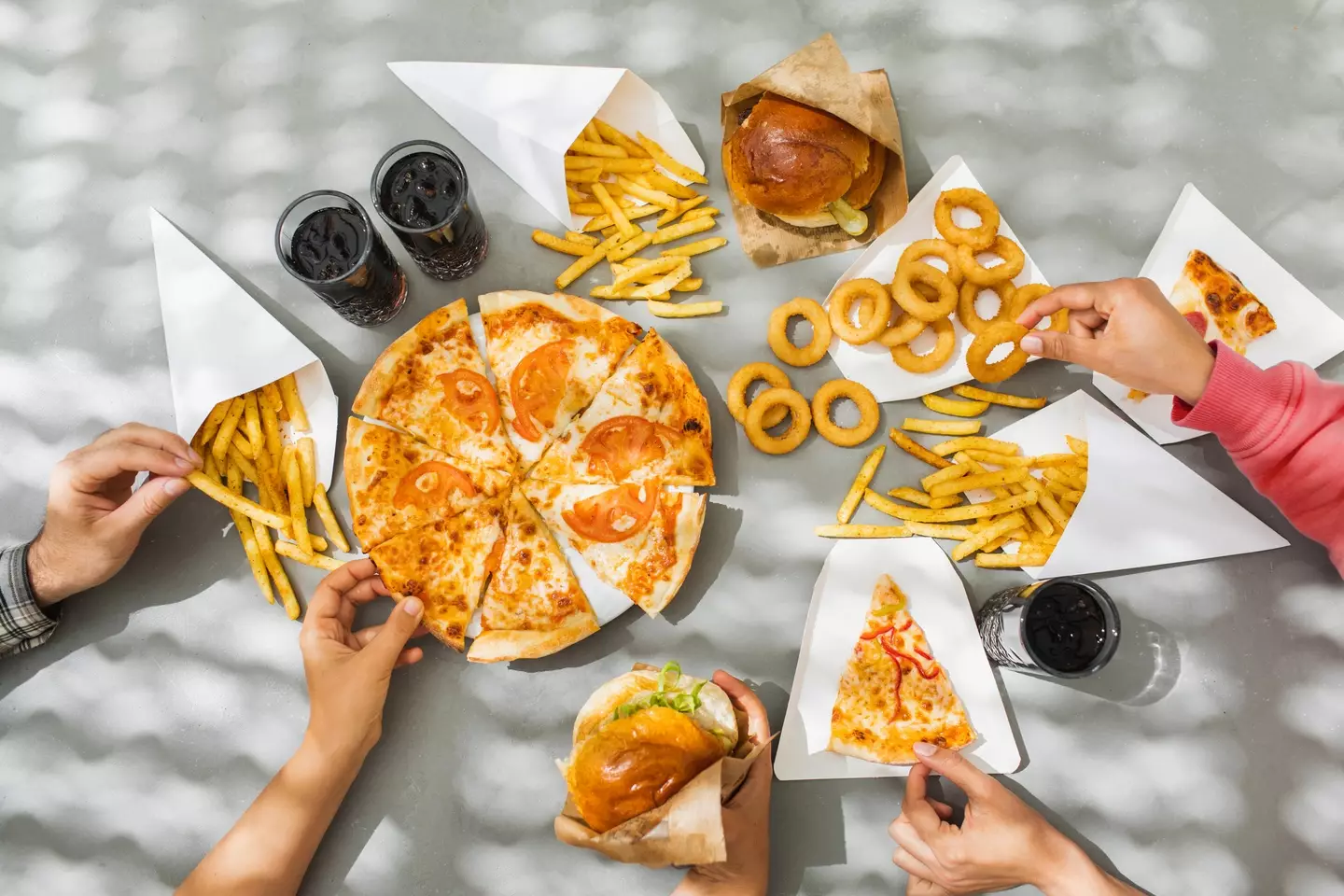
While constantly cooking from scratch can be exhausting, Dr. Burkart points out that numerous food additives in the US pose potential harm.
“These food additives are banned in other countries but still allowed in the US,” she explained.
“Titanium dioxide is a possible human carcinogen and is banned from foods in the European Union, but it’s still found in US foods like Kraft cheese. Brominated vegetable oil was banned by the FDA in July of 2024 for thyroid disruption and is still found in citrus flavoured soda and drinks, especially store brands.”
Yum! Maybe not…
She added: “Propol paraben is a xenoestrogen and suspected endocrine disruptor that is used in store bought baked goods.”
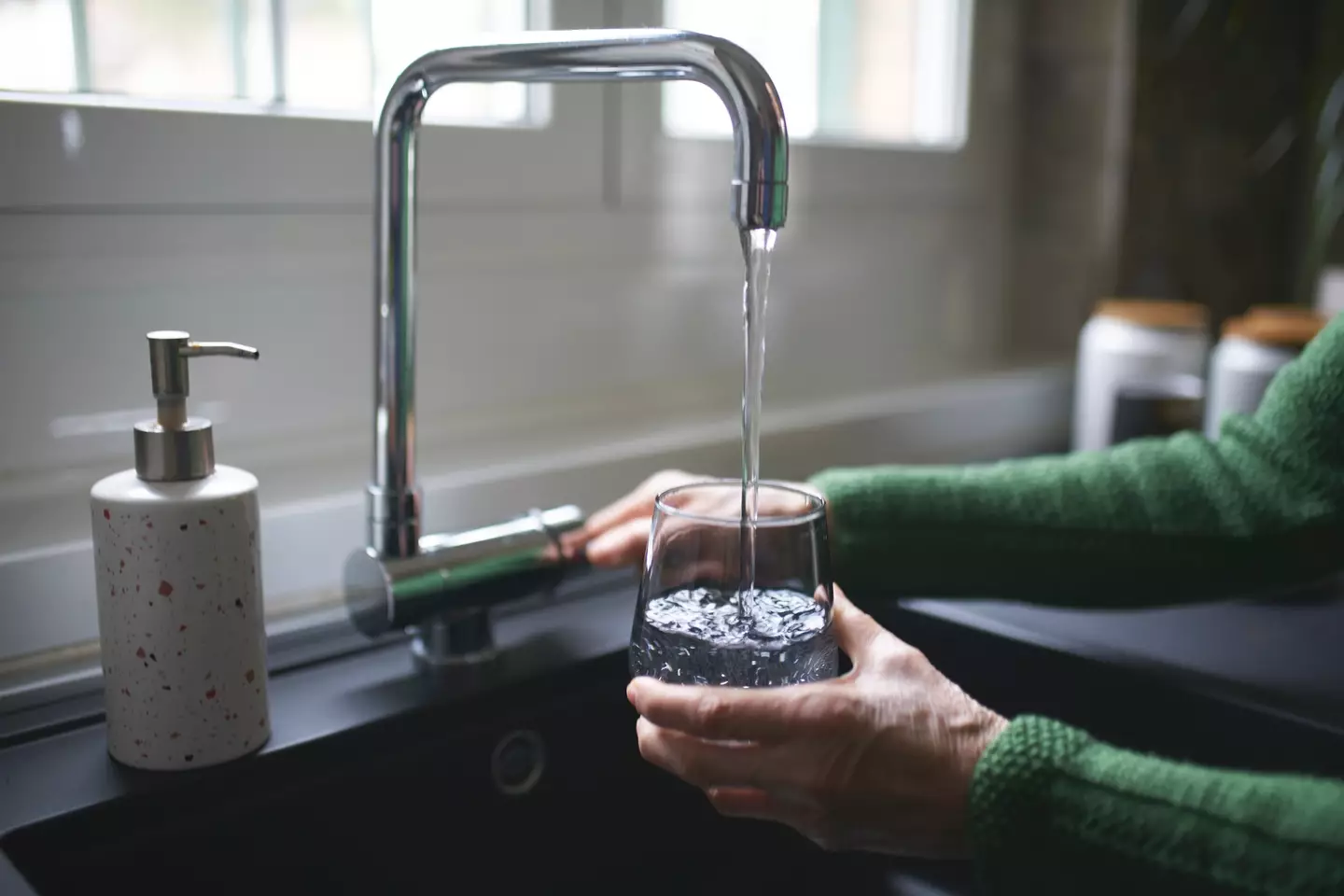
Though many understand the importance of staying hydrated (and no, ten cups of coffee don’t count), the toxicologist recommends filtering tap water.
“Absolutely if you live in an area where your water has been fluoridated,” she insisted.
The effectiveness of filtration depends on the type of filter used: “Lower cost options don’t remove fluoride or nearly enough chemicals, and tap water is a source of hormones, endocrinian disruptors, pesticides, fluoride if it’s added to the water, agricultural run-off, there’s a bunch of different contaminants in tap water depending on where you live.”
“We’ve got to be careful with the water that we’re using to drink and cook with.”
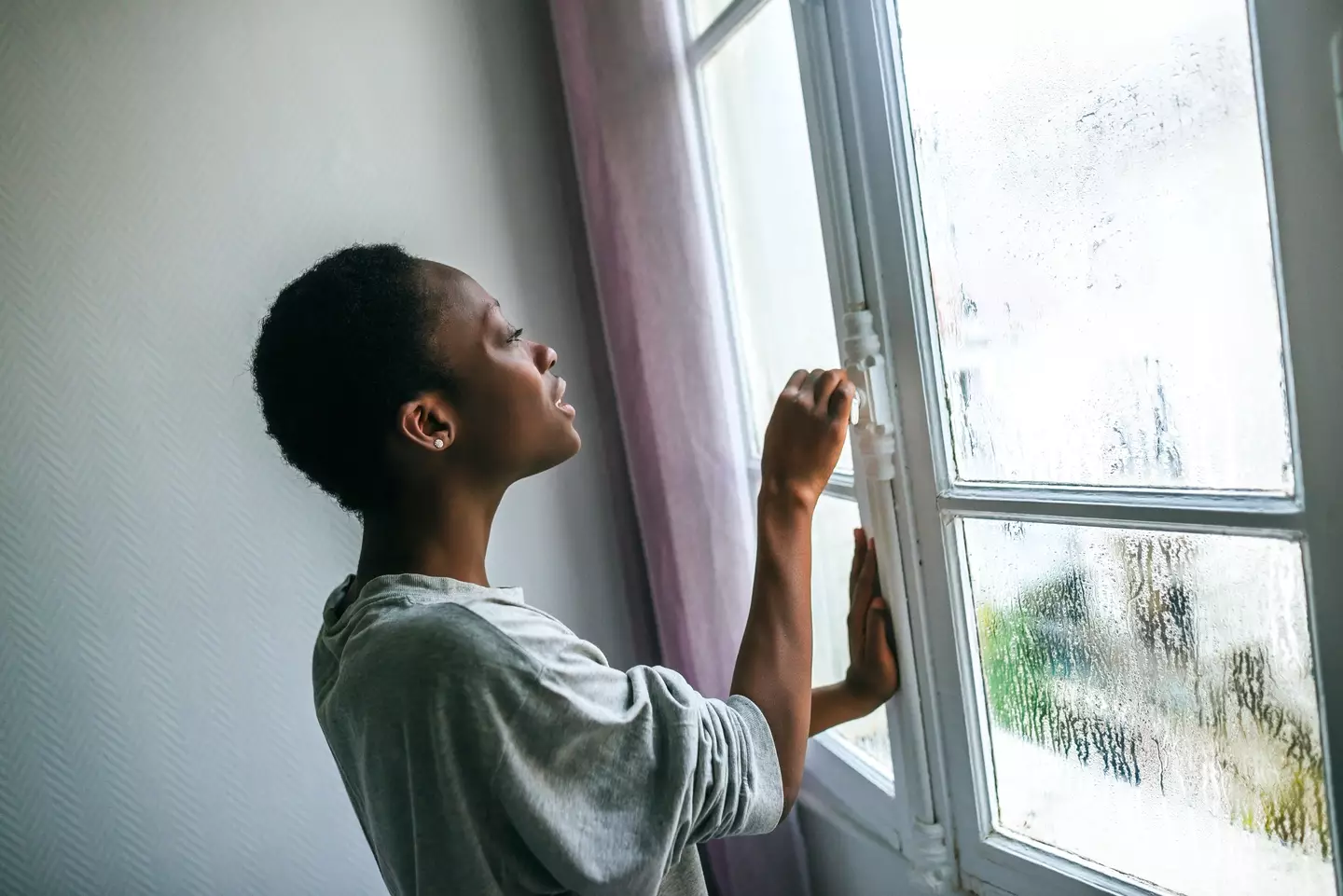
As winter sets in, the temptation to keep windows closed and heating on full blast is strong, especially with several scented candles burning.
Dr. Burkart recommends keeping windows open, even in the cold: “Air quality indoors can be up to five times worse than air quality outside, which shocks a lot of people!”
“That stat comes from the Environmental Protection Agency, the EPA. The reason being is that people are not adequately ventilating their homes.”
She added: “Cooking generates particulate matter too, but do we need to stop cooking? No. We need to prioritise what’s important and what’s not important.
“Make sure you’re opening the windows. Indoor air is absolutely imperative if you want to improve your health. You have to clean up your indoor air.”
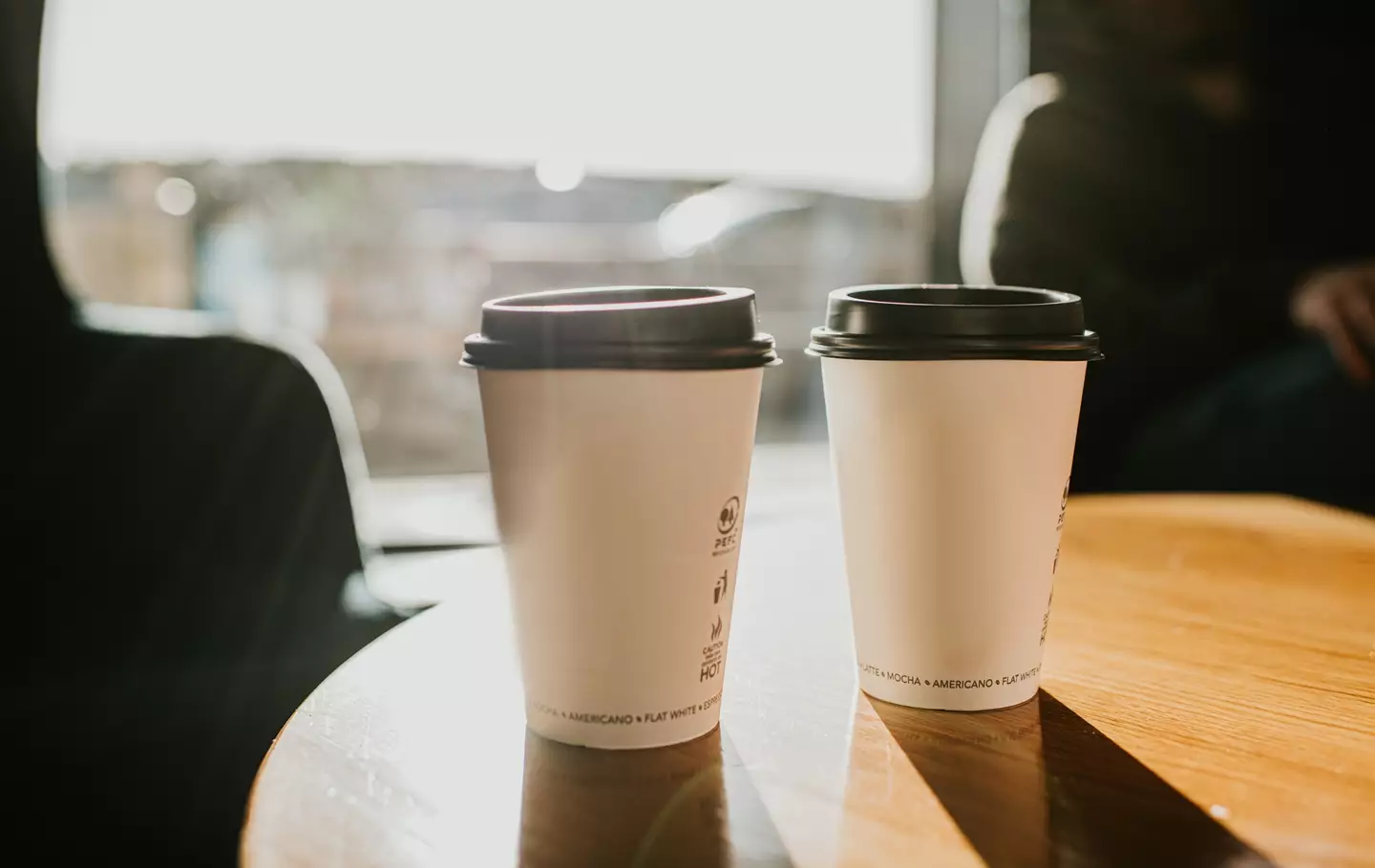
Coffee enthusiasts, take note: Dr. Burkart suggests using a ceramic cup for your daily caffeine fix.
“Disposable coffee cups are the issue, it’s the plastic lined, paper to-go cups with the plastic lid on them,” advises Dr. Burkart.
“They are lined with a thin layer of plastic and unfortunately when you pour hot liquids like coffee that are acidic and hot into this plastic lined cup, they will leach plastic particles and heavy metals into your drink that you are consuming.”
Yummy!
“They’ve been detected in human lungs, placenta, heart, they’re everywhere. They’re not going anywhere. We can’t digest them,” she insists.
“The mechanism of detoxification is not clear so it’s not like we can load up on some supplements and get rid of them, as we don’t know if the body can process them at all.”

Many of us use numerous beauty products each day, but Dr. Burkart encourages checking the ingredients.
She referred to past research:

